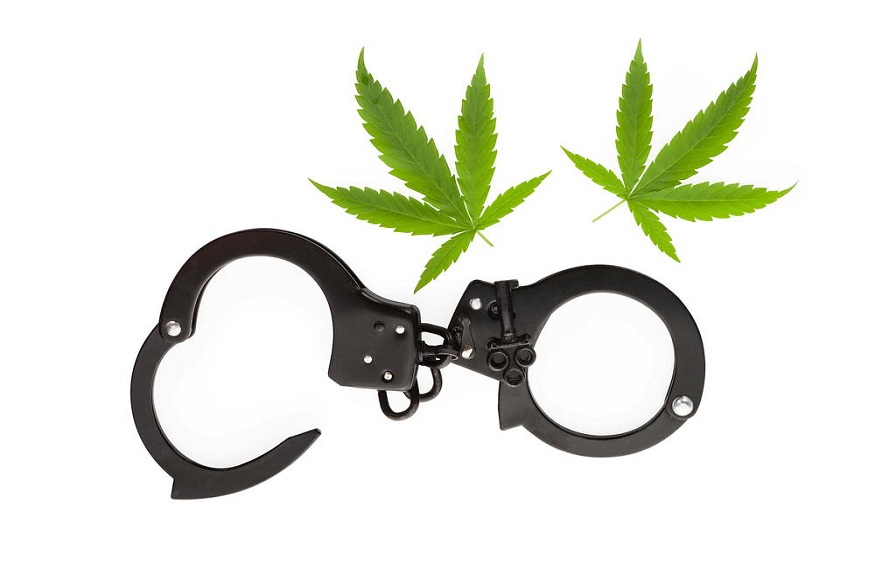The federal government has taken a hands-off approach to marijuana law enforcement in recent years. So much so that the Biden administration began issuing pardons for minor marijuana crimes a few months back. Fortunately, though, not all federal enforcement has ceased. There are still some marijuana crimes the authorities are fighting.
Authorities from the U.S. Customs and Border Patrol recently made their willingness to enforce the law known by busting a truck driver attempting to bring $7.5 million worth of marijuana into the country by way of the World Trade Bridge in Laredo, TX. Although that is a big deal to law enforcement, chances are it is a drop in the bucket compared to the total amount of illicit pot circulating in this country.
Marijuana Is Still Illegal
Despite more than three-dozen states and the District of Columbia legalizing medical cannabis and recreational marijuana, the plant and its psychoactive cannabinoid, THC, are still illegal under federal law. Only the willingness of federal authorities to turn a blind eye allows states to continue doing what they do.
Marijuana’s status as a Schedule I controlled substance has created a contentious debate between pro-marijuana advocates and those who want to maintain the status quo. But even as that debate rages, the law is still the law. Congress has not decriminalized marijuana, yet the federal agencies sworn to uphold the law are turning a blind eye more often than not.
Drawing a Line in the Sand
Based on the news out of Texas, it would appear as though the federal government has drawn a line in the sand where international drug trafficking is concerned. The authorities are not about to seek out and prosecute American growers known to be producing tons of state-legal marijuana every year. But they will not stand for drug cartels operating south of the border exporting their drugs into the U.S.
I get the fact that the majority of Americans are in favor of legal marijuana. Whether I agree or not isn’t the point. The point here is the irony of it all. Customs officials will bring the hammer down on anyone trying to bring marijuana into the country via our southern border. Meanwhile, the DEA has done very little to shut down illicit marijuana operations on American soil.
There isn’t even an attempt to intervene as states legalize medical and recreational cannabis. It is as if the law doesn’t exist. And that being the case, why even have the law on the books to begin with? If federal enforcement is going to be limited to international drug trafficking alone, then perhaps it’s time to decriminalize domestic production and distribution.
The Question of State Authority
Of course, any move to decriminalize marijuana would have to consider the question of state authority. States currently regulate cannabis as they see fit. In Utah, Salt Lake City dispensary Beehive Farmacy says regulations are among the strictest in the country. But in neighboring Colorado, marijuana laws are considerably more lax.
Should marijuana regulation be left entirely to the states? If so, there is no reason to keep marijuana on the Schedule I list. It is time to remove it and turn control over to the states. But if not, Washington needs to step up and fulfill its legal obligation to enforce the law.
While all of us talk this over, there is a truck driver who is now paying the price for trying to bring illicit marijuana into the country through Texas. The circumstances he now finds himself in are a direct result of federal marijuana law enforcement efforts which, apparently, haven’t entirely ceased.

